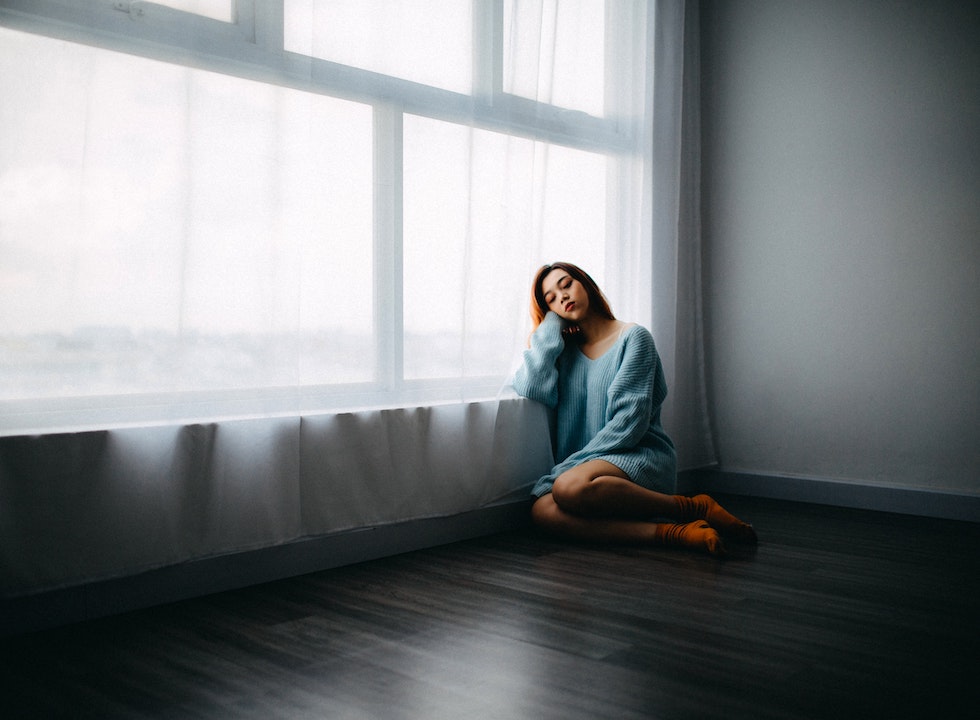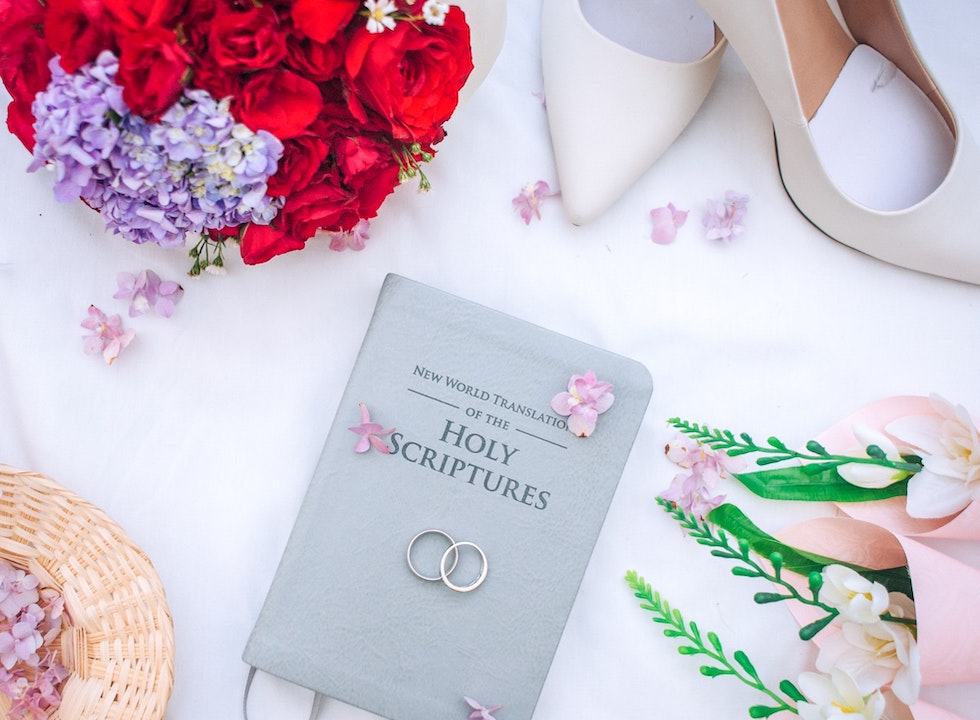Declutter Your Life with Minimalist Living
 Posted by Krystal Lau
Sunday 1 Mar 2020
Posted by Krystal Lau
Sunday 1 Mar 2020

Share
In this modern era, everyday life has become a hectic mess because as we grow older, we are constantly craving for more things; more money, more time, more possession. And after all that, our appetite is still never satisfied. Sometimes we get to the point where we think, what if less is more?
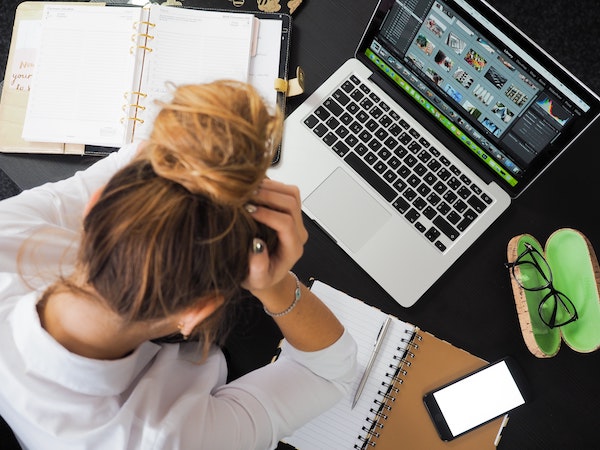
Photo by energepic.com from Pexels
Yes we all know, minimalist living is not easy but it doesn't have to be so extreme and it is a very flexible lifestyle depending on what values you add to your life. So read on to start your journey towards a healthier and happier life.
But First, what is Minimalist Living?
Imagine juggling a large house filled with stuff means tons of unnecessary responsibilities. Think, expensive bills, cleaning, organisation, etc. which leads to an endless cycle of stress. Therefore, many people are more open to minimalist living to strive for a simpler life.
However, ever since minimalism was brought into the mainstream, many people think that minimalist living is like living in a cave, with only a few pieces of belongings and a tiny house with only one piece of furniture.
But that is wrong.

Minimalism is a life philosophy that can guide you towards freedom. It is not just about the mindset but also about intentionality, such as keeping things that adds value and removing things that are unnecessary. There is no right or wrong when it comes to living a minimalist life and it is entirely up to you on deciding which excesses of daily life should be brought down to a more manageable level. Key point is that minimalism isn't about you living without, it is about you living with better.
4 Benefits of Minimalist Living
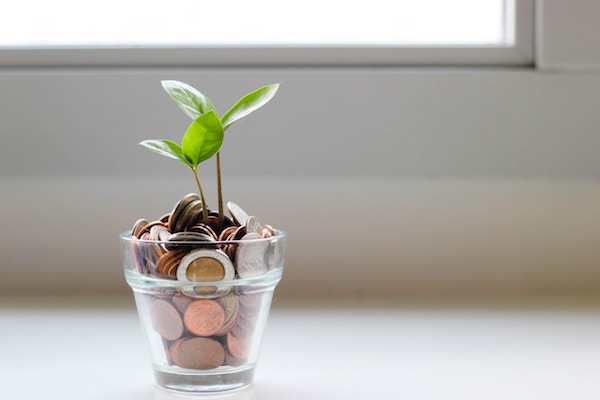
Photo by Micheile Henderson on Unsplash
1. Save Money
This is one of the most evident benefits when you start to live a simpler life. You will have less commitments to the worldly yet unnecessary materialistic possessions. You will have less bills to pay, less housing cost due to downsizing and generally you won't get tempted to buy anything. Reducing commitments will not only save money but it also saves time. The fewer things to manage, the more time you have.
2. Enjoy More Space
When you embrace minimalism, you will start to declutter the physical space around you and you will start to realise how much space your home has. Decluttering your home also saves time as it allows you to be very efficient in doing housework because there are less things to clean. Minimalism will also help to clear up your emotional space. Toxic relationships are removed so that there's more space to focus on the people whom you genuinely cared for.
3. Less Stress
Have you ever noticed that when we own more possessions, we get stressed more often in hopes of keeping them safe and always concerning over losses or damage that might happen. Besides the basic necessities, minimalism helps you to detach yourself from expensive and worldly possessions. So basically, you will worry less, have no fear and also have peace of mind because you have less to lose.
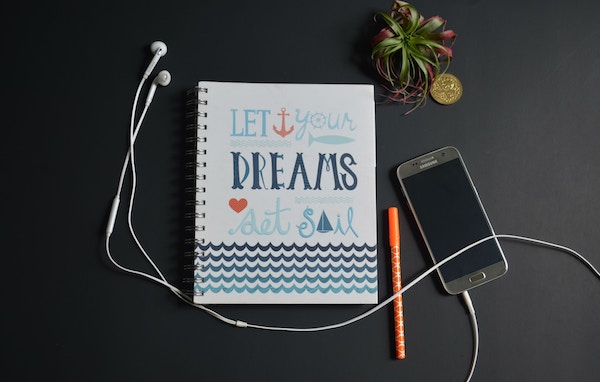
Photo by Kelli Stirrett on Unsplash
4. Focus On Constructive Things
With all that additional time, money, space and peace, you now have the freedom to follow your dreams. There are no more excuses to fall back to so take time to rediscover yourself, embrace life, explore new hobbies and skills, meet up with people that matters to you, etc.
4 Tips On How You Start Your Minimalist Journey
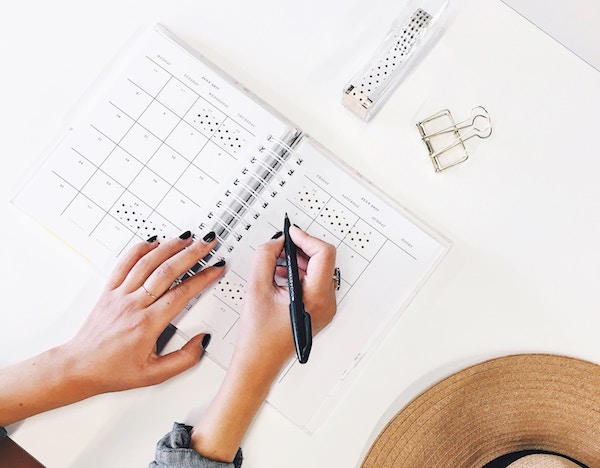
1. Set yourself goals
Everyone's goal towards minimalist living will be different as there is no right or wrong way to be a minimalist. However there must be a reason that propel you to take up such a huge decision. Whether it is the frustrations of a cluttered room, the stresses of home and work life, the constant decline in your bank balance, etc., it is crucial to define and recognise the problem before you embark on your own journey.
Ask yourself:
- Why do you want to be a minimalist?
- How would you like to go about it?
- What are your goals as a minimalist?
This will help you to determine and set clear realistic goals to ensure that you're always on the right path and not waste your time. Soon you will find a way to achieve a positive change and gain a greater sense of fulfilment.
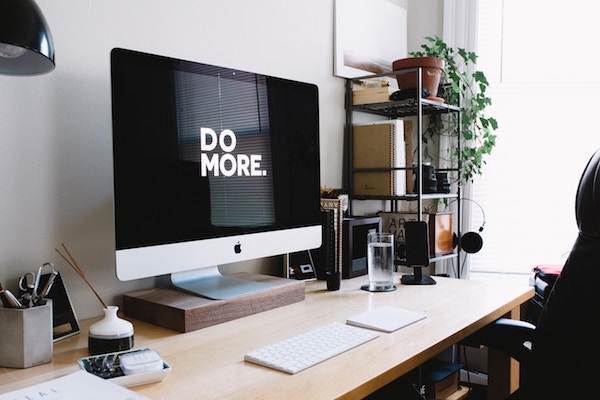
Photo by Carl Heyerdahl on Unsplash
2. Declutter
One of the earliest steps when you start on your minimalist journey is to declutter your space. It can be very hard and painful for most people as we tend to develop an attachment to many things. So the key point is to take baby steps and start slow but with intention. The most important thing when it comes to decluttering is not really about what you get rid of, instead it's about what you decide to keep that could add value to your life.
If you find that it is hard to remove certain items in your home, pick any duplicated items or those that you feel you don't use, box them up and hide them away for a period of time. If you don't miss them during that time period, it's time to toss them out, donate or recycle them.
Decluttering process will be a long and emotional roller coaster ride and it will take a number of sessions before you will get to your ideal amount of possessions. Just keep reminding yourself about your goals and that this will all be worth it when you achieve a simple life that allows you more freedom.
3. Clear Surfaces and Clean As You Go
Do you ever notice that every flat surface in your home tends to accumulate more things than necessary? This next step will also be a very hard habit to kick as we are used to tossing keys on the counter, leaving piles of paper on the desk, leaving the kitchen tops littered after cooking, etc. But as a minimalist, it is crucial to keep surface cleared with no more than 3 things. Items left on the counter, desk and kitchen tops could indirectly distract us and cause stress as it screams errands, cleaning, tasks to be completed, etc.
So it is best to clean as you go and not wait for things to pile up. One tip is to find 'homes' for each item so that after you use it you can immediately put it back to its original spot. 'Homes' for items cannot be flat surfaces such as the floor, table top, kitchen counters, side table and desks but rather, designated boxes for certain items, drawers, cupboards, etc.
Cleared surfaces tend to make you feel calm, refreshed, less stress and allows for more breathing space. If you don't believe it, you should try it for yourself! Besides that, it also invites creativity and productivity as well as less cleaning!

Photo by Bruce Mars from Pexels
4. Make Mindful Purchases
Do you find yourself in situations where you often purchase something just because you fancy it and make you happy instead of you actually needing it? I guess we've all been there. However, this 'happiness' never lasts long and you will start craving for the next shopping fix. Having this habit does not work with the minimalist lifestyle because as a minimalist, you need to be mindful of what you purchase and add into your home life.
Firstly, ask yourself questions before making a purchase decision:
- Does it really make you happy?
- Does it have a purpose?
- Is there an alternative item that has a multipurpose usage?
One crucial tip when it comes to purchasing is, always choose quality over quantity. Yes, it would be more expensive but it will be a one-time purchase for a very long time as quality products are meant to last. Investing in quality products will also help you spend less over time as they require little to no replacement, which inadvertently help reduce waste and saves the environment.
Somehow if you find yourself really desperate to purchase something, utilise the 'One In, One Out' mindset. It basically means that every item you purchase, it will have to replace an item you've already own. You can take this opportunity to donate items instead of throwing them out. This mindset can be an effective way to maintain and limit the amount of clutter you have in your home instead of implementing a shopping ban.




